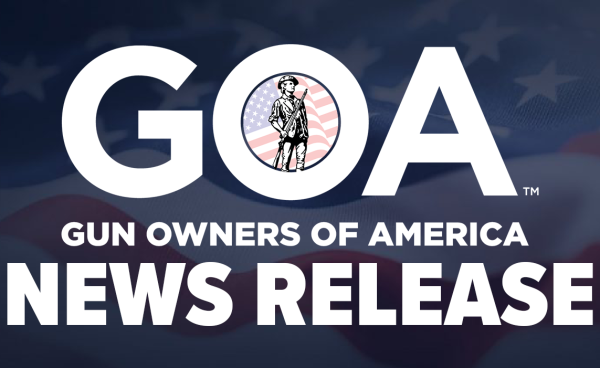By Glen Wunderlich
Charter Member Professional Outdoor Media Association (POMA)
Michigan’s attorney general, Dana Nessel, along with 19 Blue-State counterparts, has signed onto a letter directed to the Stefanie Feldman, Director of the White House Office of Gun Violence Prevention, to stop the Lake City ammunition plant from selling to civilians in a desperate attempt to appear to be doing something to prevent violence.
Led by anti-gun AG Letitia James of New York the letter reads as follows: “We write on behalf of the States of New York, Arizona, California, Connecticut, Delaware, the District of Columbia, Hawai’i, Illinois, Maine, Maryland, Massachusetts, Michigan, Minnesota, Nevada, New Jersey, New Mexico, Oregon, Rhode Island, Vermont, and Washington (the “States”) to express concern about recent reports that billions of rounds of military-grade ammunition manufactured at the Lake City Army Ammunition Plant have been sold on the commercial market, leading to their use in many of the most tragic mass shootings in recent history. We ask your Office to conduct an investigation into the contracting processes that led to this situation, and to take action to ensure that military-grade and military-subsidized ammunition stays out of civilian hands.”
“Ammunition from Lake City is manufactured for military use and does not belong in our communities,” the letter reads. “Federal courts have repeatedly noted the military nature of 5.56-millimeter rounds, which are used in military issued rifles, such as the M-16. Military-style weapons – and the ammunition specifically manufactured for them – should be limited to military use. Even if military-grade ammunition were appropriate for the civilian market, its sale to private parties should not be subsidized by taxpayer dollars.”
The Lake City plant is government-owned but run by Winchester and is only able to sell ammo commercially when it produces an excess beyond what the government requires. Additionally, the same ammo is produced by other manufacturers and readily available to consumers.
On face value the matters presented in the letter appear to be quite ominous, but a deeper look into the issue’s unintended consequences is necessary before jumping into the battle.
The National Shooting Sports Foundation explains what would happen if the liberal AGs got their way: “This policy to deny the sale of excess ammunition not only would freeze over 30 percent of the 5.56 mm/.223 caliber ammunition used by law-abiding gun owners, it risks the ammunition industry’s ability to surge production capacity for national defense, if the costs to maintain the present workforce isn’t recouped through sales to the civilian market.”
There is no evidentiary claim that the ammunition that Lake City makes available to the public is inherently more lethal or liable to be misused than any other brand of ammunition of the same caliber. The term “military grade” ammunition, referenced in the letter is meant to infer that the ammo has some qualities that differ from any other ammo available. It does not!
Meanwhile, in an interview with the Detroit Free Press, Attorney General Dana Nessel has expressed her dissatisfaction with her six-figure salary, which coincidentally comes 100 percent from Michigan’s taxpayer dollars.
She should concern herself with something other than window dressing and this obvious back-door attempt at more gun control legislation that does nothing to deter the demented desire of a single person.







